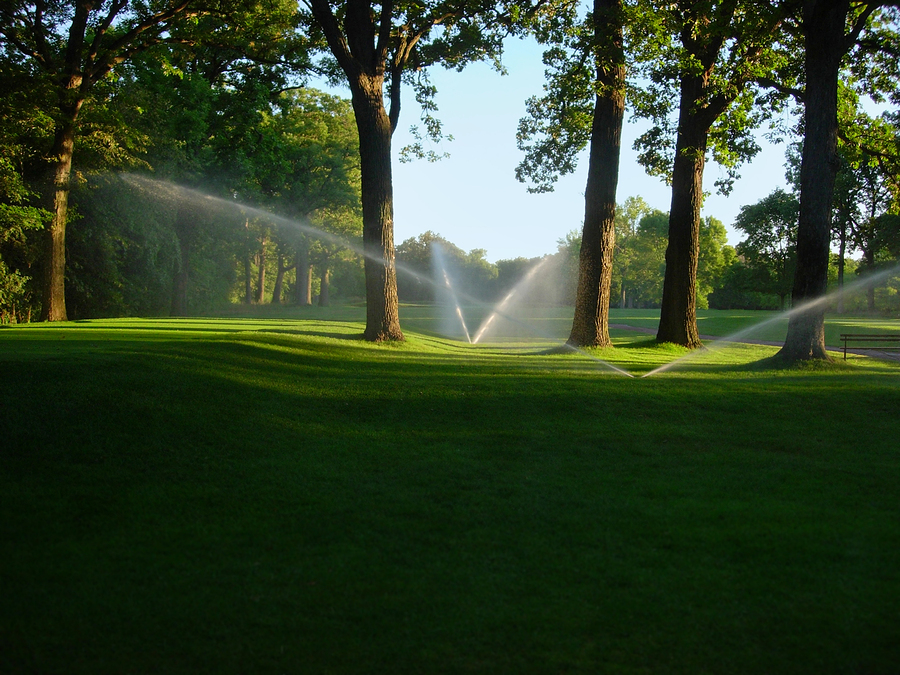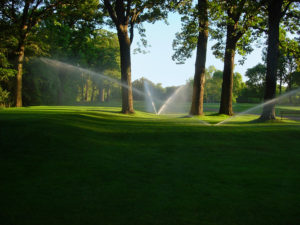
31 Oct Salinity Management

Though we like salt on our food and on snowy streets, one place you don’t want to find high levels of salt is on a golf course green. However, it’s a common golf course enemy due to the increased use of recycled water in recent years. In fact, according to Golf Course Magazine, “Recent estimates are that 13% of golf courses in the United States use recycled water for irrigation.” Let’s break it down and figure out how to best identify and solve for this problem.
Salinity Problems
There are many benefits of using reclaimed water for course irrigation. It’s generally more readily available, affordable, and it’s great for the environment. However, the downside is there are high levels of salt often found in recycled water, creating a problem for our tees, fairways and greens. Sometimes, a course has to use it because they’re trying to conserve water or it’s the only available water source. Regardless of the reason behind it, it can present a large problem for course managers.
To determine if your water is high in salts, there are a few key tells. GCM says, “As plant roots take up water through osmosis (that is, water moves from less concentrated solution to a more concentrated solution), excessive amounts of soluble salts can cause the plant to work harder to absorb water from soil, and symptoms of drought can be visible even though soil moisture is adequate.”
A few other ways to know if your water has high salinity:
- The grass blades are a blue-green color before the turf wilts.
- Grass growth is slow, requiring less clippings.
- A lab test report can show your salinity levels through two main indicators: estimates of electro-conductivity and total dissolved solids.
Cutting Back On the Salt
Identifying you have a salt problem is the first step. But how to face it can be daunting. One easy, but expensive option is to install salt-tolerant turfgrass—but that is most likely unrealistic due to the high expense. GCM conducted a study of 30 different products to help with this very problem. The research showed, “The only product that had an effect on turfgrass quality and soil chemistry was DeSal + Stress Rx + XP Extra Protection.” They did conclude that more research was needed in order to investigate other options.
Another route is by following the Best Management Practice approach, supported by the Golf Course Superintendents Association of America, which sets course performance goals examining several aspects of your course. But there’s no need to feel overwhelmed. We can help you. We can first help you identify how high your salt levels are, and then develop an appropriate strategy for tackling the problem specific to your course and its needs.


